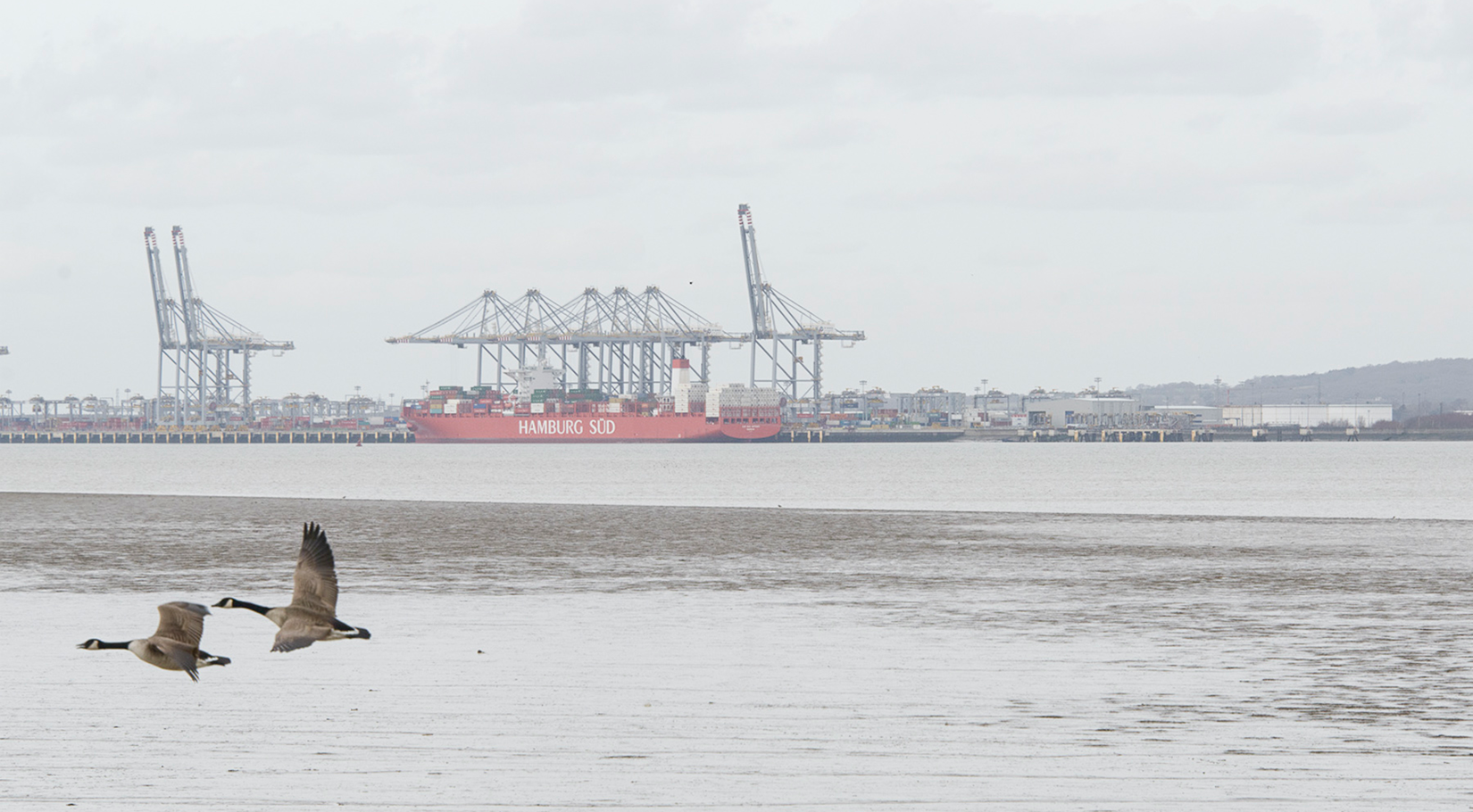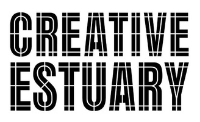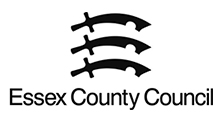The power of the arts to connect with people is profound. It can reflect fears and hopes, explore difficult societal narratives and provide new insights and understanding. This is why the climate emergency is one of three key themes for this edition of Estuary 2021.
That said, we recognise the pressing need for festivals and arts organisations to place environmental issues not just at the centre of programmed content, but across all our actions and behaviours.
As a partnership, Metal and Cement Fields want to contribute more decisively to a sustainable future through our actions and decisions for Estuary 2021.
We have identified the following practical and realistic mechanisms to reduce the climate impacts of Estuary 2021 across production and administration and will share our experiences of this journey along the way - and the measure of our success.
We will:-
- Engage audiences and stakeholders in positive action on climate change through artworks and discussion.
- Reduce the amount and type of waste created in: the production of artworks; marketing of events; workshops and participation; planning and administration
- Aim for accurate reporting on this waste, supported by an industry-wide approach, guided by Julie's Bicycle.
- Actively seek local suppliers and workforce
- Measure contractor, staff and artist travel
- Decrease car use by promoting walking, cycling and public transport options
- Use renewable sources of power wherever possible.
- Source food as locally as possible and reduce food waste.
- Reduce meat and dairy consumption.
- Work with partners and our supply chain to share the journey toward reducing impacts through stories and blogs.
- Reduce impacts from our respective offices - see Metal and Cement Fields environmental policies and statements. (need links)

 maybe later
maybe later







